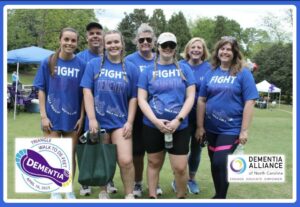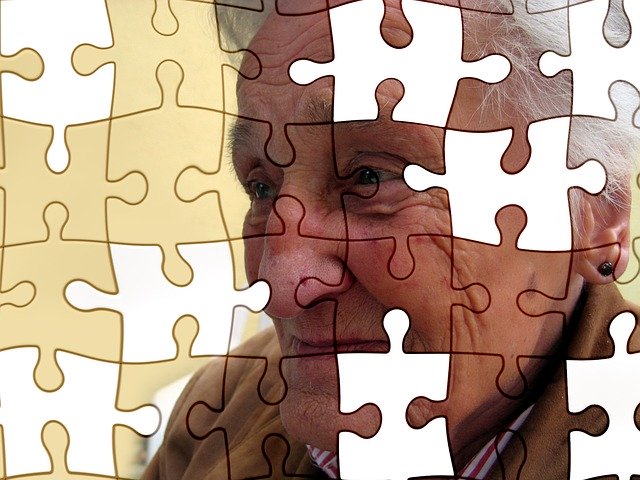 Are you attempting to weigh assisted living versus nursing home care as an option for yourself or a family member? Many Americans just like you are doing exactly that. They’re looking for clear answers about senior living possibilities and the differences between them. Thankfully, you’re in the right spot to find some of those answers.
Are you attempting to weigh assisted living versus nursing home care as an option for yourself or a family member? Many Americans just like you are doing exactly that. They’re looking for clear answers about senior living possibilities and the differences between them. Thankfully, you’re in the right spot to find some of those answers.
With help from this article, you can start making informed decisions that result in a comfortable, connected, and care-focused quality of life for you or your loved one. After all, a lot of today’s nursing homes and assisted living facilities are warm, homelike communities where older adults enjoy kindness and respect, make new friends, entertain visitors, and pursue satisfying leisure activities.
As you’ll soon discover, there isn’t just one main difference between assisted living and nursing home care. Rather, each type of senior care community has several special and defining characteristics. In this article, you’ll learn more about those differences as they relate to the following aspects:
Terminology
Common types of residents
Typical living spaces
Care services
Other kinds of services
Primary caregivers
Cost and payment methods
Read the entire article HERE for more detailed information.
This information provided courtesy of Great Senior Living.

 Patients with early stage Alzheimer’s disease have a new treatment option. On July 6, 2023, the U.S. Food and Drug Administration (FDA) granted traditional approval to lecanemab (Eisai/Biogen), brand name Leqembi, for patients confirmed to be in early stage Alzheimer’s disease with elevated amyloid beta. The treatment was granted accelerated approval in January 2023, but this is the first Alzheimer’s treatment to receive traditional approval that changes the underlying course of the disease.
Patients with early stage Alzheimer’s disease have a new treatment option. On July 6, 2023, the U.S. Food and Drug Administration (FDA) granted traditional approval to lecanemab (Eisai/Biogen), brand name Leqembi, for patients confirmed to be in early stage Alzheimer’s disease with elevated amyloid beta. The treatment was granted accelerated approval in January 2023, but this is the first Alzheimer’s treatment to receive traditional approval that changes the underlying course of the disease.
 As we age, some of us eventually lose the ability to handle our own affairs. That’s why you’re smart to find out how to get power of attorney (POA) for a parent who is sick, disabled, or experiencing mental decline. But even if your parent is in good health right now, it’s wise to plan ahead for potential challenges. You simply never know when an injury or illness may take away your mom or dad’s capacity to manage finances or make important decisions about medical care. In fact, the best time to start considering power of attorney is before a parent requires any caregiving.
As we age, some of us eventually lose the ability to handle our own affairs. That’s why you’re smart to find out how to get power of attorney (POA) for a parent who is sick, disabled, or experiencing mental decline. But even if your parent is in good health right now, it’s wise to plan ahead for potential challenges. You simply never know when an injury or illness may take away your mom or dad’s capacity to manage finances or make important decisions about medical care. In fact, the best time to start considering power of attorney is before a parent requires any caregiving.
 If you’re visiting or reconnecting with a friend or loved one who is living with dementia, you may face some communication challenges. But don’t let that keep you from connecting. Here are some suggestions to help you overcome those challenges and have engaging conversations, stay connected and maintain your relationship.
If you’re visiting or reconnecting with a friend or loved one who is living with dementia, you may face some communication challenges. But don’t let that keep you from connecting. Here are some suggestions to help you overcome those challenges and have engaging conversations, stay connected and maintain your relationship.